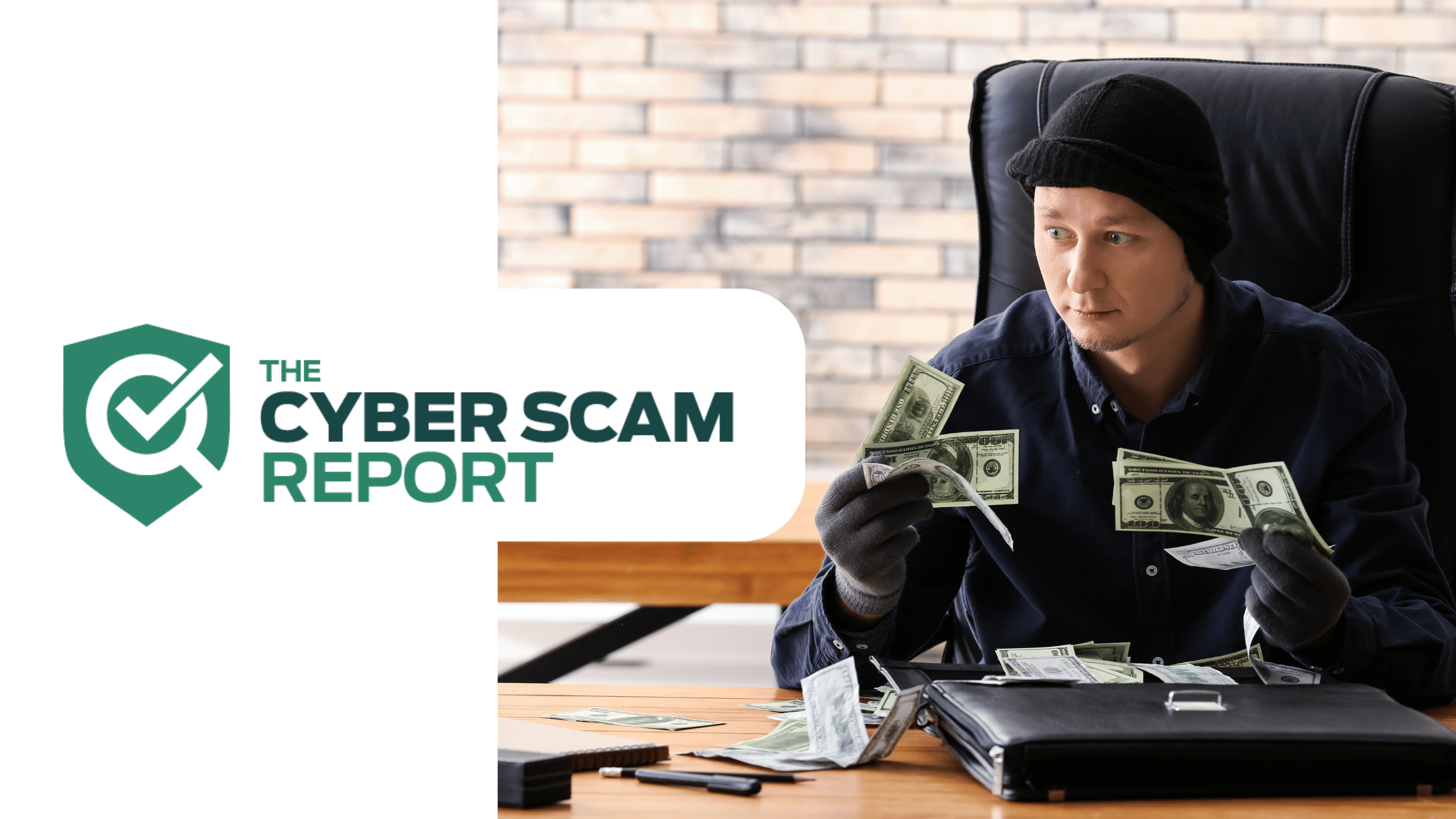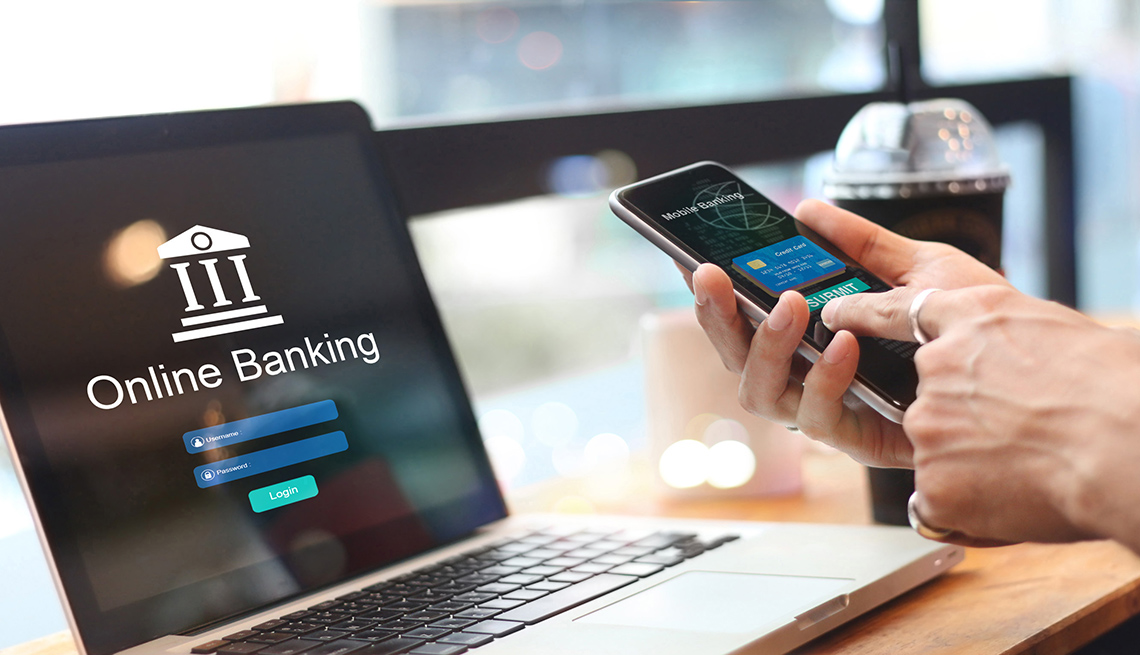Credit card and online accounts are frequently being compromised, see what steps you can take to protect yourself from a data breach.
Vera Bradley announced a credit card breach in their brick and mortar stores yesterday. This data breach does not affect the online stores. While not all cards will be affected, if you or a family member shopped in a Vera Bradley store between July 25, 2016 and September 23, 2016 you may have been affected. The company was notified by the FBI that they were infected with this malware and “immediately launched an investigation with the assistance of a leading computer security firm to aggressively gather facts and determine the scope of the issue and promptly notified the payment card networks.” Vera Bradley is formally recommending that customers who shopping in store during that time “immediately report any unauthorized charges to their card issuer because payment card rules generally provide that cardholders are not responsible for unauthorized charges reported in a timely manner.”
Almost everyday we’re seeing more data breaches at large companies. In some cases you can help protect yourself by using complex passwords that are different for each service. While these passwords can still be stolen if the company itself gets breached, like Yahoo, the thieves won’t be able to use your email and password to try and steal other accounts which is common practice. A thief has little to no interest in your email account itself, they want to use it to then attack your valuable accounts and steal money from you. By using different complex passwords, you can ensure that a thief won’t gain access to all of your accounts.
With payment card breaches your best defense it to keep an eye on your finances and use a card that helps protect you. Growing up my father always advised me to use a credit card for purchases instead of a debit card. If a thief steals your debit card they can drain the money from your bank account. The credit card company will void the charges and you’re not liable for them if reported swiftly.
Lastly, take advantage of alerting that is offered by credit card and banking institutions. They are often far reaching and include alerts for: foreign transactions, online purchases, large purchases, irregular account activity, card not present transactions, cash withdrawals, and much more. If your institution doesn’t offer these alerts, you may want to think about switching to a company that does. Every step you can take to ensure your money and information stays safe is a valuable one.
In summary, here are some tips to keep your money and information safe from a data breach:
- Use different passwords for each account that are complex. Never use the same password for every account and make sure it is not easy to guess. For example using your name and birth year “Bill1965” would be very easy for a criminal to guess.
- Keep an eye on your finances. Try to look over your credit cards and bank accounts at least once a week to fend off thieves.
- Use a payment method that ensures your safety and allows you to keep your money safe.
- Turn on all alerts that your bank or credit card company offers. If they don’t offer any then switch to another company.
You can read the press release from Vera Bradley here.




